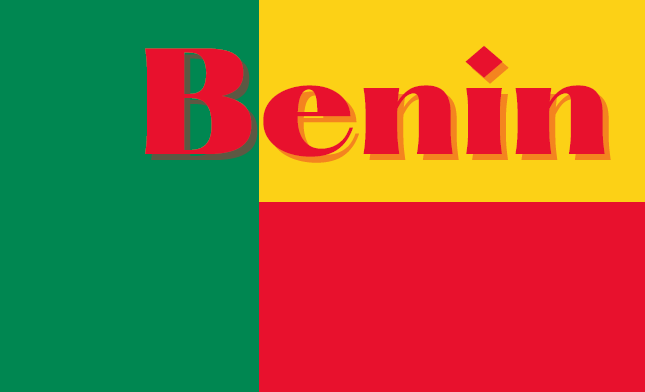Gambia
Gambia, located in West Africa, is a small but vibrant nation with a rich history and culture. From its
long-standing traditions to its current president, here’s a brief overview of what makes Gambia unique
and what it is known for today.
Gambia’s official name is the Islamic Republic of The Gambia. It is bordered by Senegal to the north,
east, and south and the Atlantic Ocean to the west. The country has an area of 11,295 square kilometers
(4,363 sq mi) and a population of 2 million people. It was founded in 1816 as a British colony and gained
independence in 1965.
The Gambian flag consists of three horizontal stripes—red at the top, blue in the middle, and green at
the bottom—with a white five-pointed star centered in the blue stripe. This flag symbolizes the hope for
peace that unites all citizens of this diverse country.
The current President of Gambia is Adama Barrow who was elected in December 2016 following
decades-long rule by former president Yahya Jammeh. Since then, Barrow has implemented several
reforms such as establishing free education for girls from primary school through university level as well
as increasing access to healthcare services. He has also created several initiatives to improve
infrastructure throughout Gambia including building new roads, bridges and public transportation
networks. These improvements are helping drive economic growth and development within the
country.
Gambian culture is known for its warm hospitality and colorful festivals that celebrate traditional music,
dance and food. Some popular festivals include Sanyang Festival which celebrates fishing culture; Day Of
The African Child Festival which honors children’s rights; Kanilai International Cultural Festival which
recognizes cultural diversity; Kankurang Mask Festival which celebrates folklore; Mamamah Ebrima
Jallow Memorial Football Tournament which celebrates sportsmanship; Tubalu Cultural Festival which
showcases traditional drumming; and Kunta Kinteh Island Music & Arts Festival which celebrates
environmentalism on James Island where slaves were held before being sent overseas during colonial
times. Additionally, there are many other cultural events held throughout the year including art
exhibitions, book fairs and theater performances.
Gambia has come a long way since it was first established as a British colony in 1816—from gaining
independence in 1965 to having its current president Adama Barrow taking office in December 2016
after decades-long rule by former president Yahya Jammeh . With its vibrant culture filled with colorful
festivals celebrating traditional music, dance and food as well as initiatives by its current leader to
improve infrastructure throughout Gambia while driving economic growth – it’s no wonder why this
small but vibrant nation continues to be one that stands out among others!







